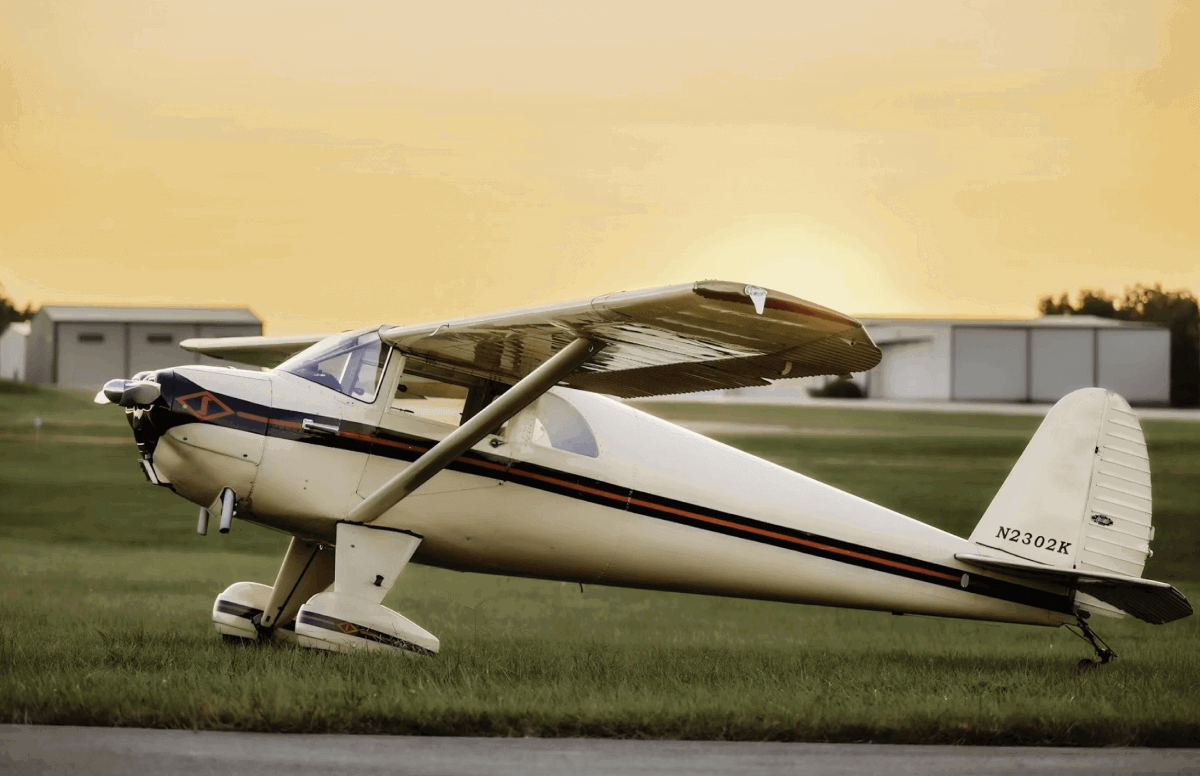On Monday, legislation pointed at addressing mental health shortcomings in the aviation community cleared the U.S. House of Representatives.
First introduced in April, the Mental Health in Aviation Act is sponsored by Representatives Pete Stauber of Minnesota and Sean Casten of Illinois and was approved in the House by a voice vote, a verbal method typically used when there is a large agreement on a particular issue. The bill now moves to the Senate, where it has been referred to the Committee on Commerce, Science, and Transportation.
Much of the legislation centers around alleviating the process pilots have to endure in order to report mental health issues they may be experiencing and removing the barriers these potential admissions may cause. For some, there is fear that reporting a mental health problem could result in the potential inability to fly and continue work.
In 2023, the FAA established the Mental Health and Aviation Medical Clearances Aviation Rulemaking Committee (ARC) that developed a list of 24 recommendations aimed at removing barriers to care.
The Mental Health in Aviation Act directs the ARC to implement the recommendation within two years of the bill’s passage. The FAA would also be required to revise its regulations to encourage voluntary mental health disclosures by those in the aviation industry and make it easier to seek care.
The bill includes $13.7 million of funding per year through 2029 to recruit and train more aviation medical examiners, including psychiatrists.
“Aviators should not be unfairly penalized for seeking mental health care. The current system perpetuates a culture of silence, and it’s past time that changes,” said Casten. “The Mental Health in Aviation Act makes our skies safer by ensuring pilots and air traffic controllers can access mental health care, should they need it.
In June at EAA AirVenture in Oshkosh, Wisconsin, National Transportation Safety Board Chair Jennifer Homendy criticized the FAA, saying the agency’s handling of mental health policy was “like back to the 1950s.”
“What we don’t want is a situation where a pilot feels like they have to lie to fly,” Homendy said.
Passage of the bill through to the House was lauded by industry groups, including the Air Line Pilots Association (ALPA), which represents about 80,000 pilots across the U.S. and Canada, as well as the Aircraft Owners and Pilots Association (AOPA) and the National Business Aviation Association (NBAA).

![[Credit: WikiCommons]](https://planeandpilot.b-cdn.net/wp-content/uploads/sites/4/2025/09/1600px-US_Capitol_east_side.jpg?width=1599&height=849)
